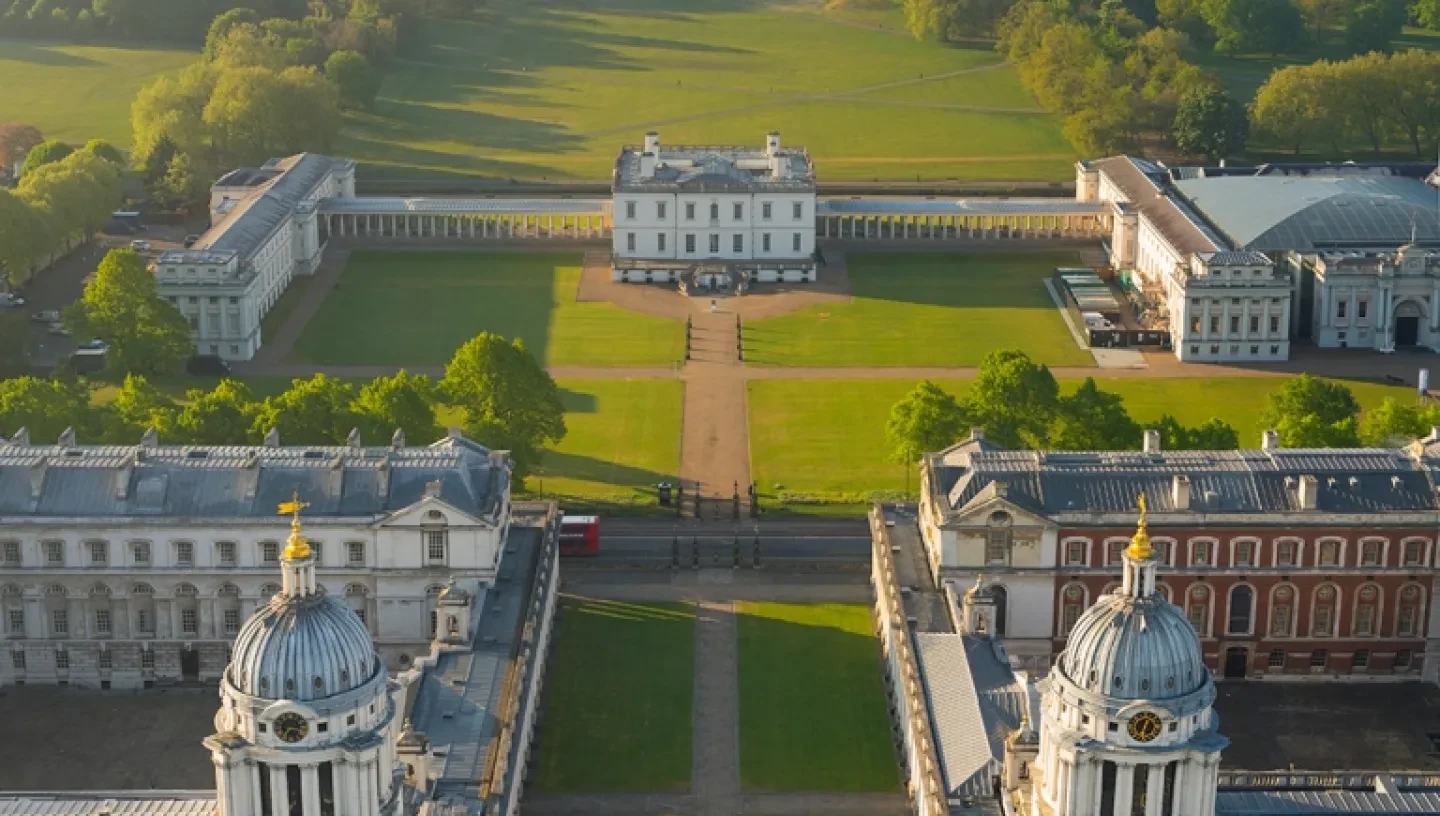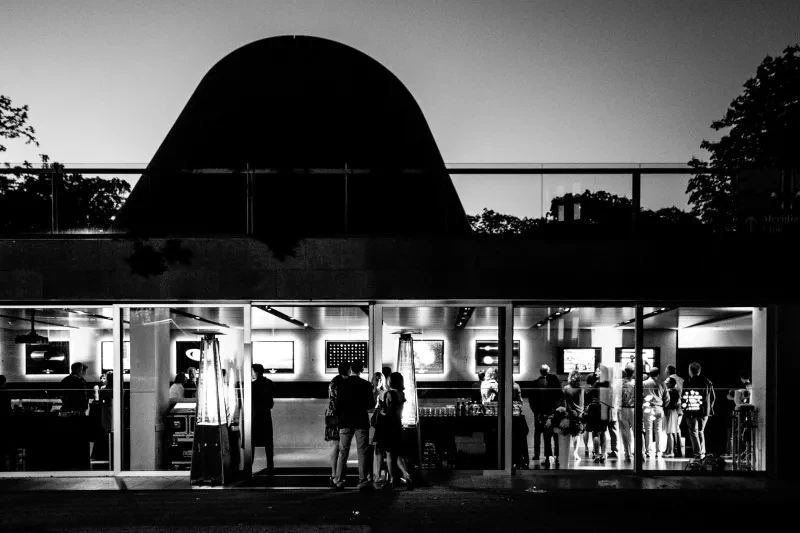
Cutty Sark was recently featured on Hirespace's Top Sustainable Venues in London.
Royal Museums Greenwich (RMG) has made a commitment to engage with the environmental challenges facing our future and to:
- Raise the level of consciousness around climate change and sustainable living
- Increase the environmental sustainability of our sites and buildings
- Ensure our ways of working meet our values around sustainability
In support of this, RMG’s Sustainability Strategy commits to developing sustainability criteria and standards for all events held on our estate.
Suppliers and event organisers will commit to working with RMG, sharing relevant information about their activities and their own sustainability policies, endeavouring to foster open collaboration about sustainability in event delivery.
- Our suppliers
We operate on a dry hire basis and work with a limited approved supplier list. Suppliers must demonstrate a responsible approach to production and consumption and a commitment to reducing their own supply chain impacts.
We demand that suppliers are committed to ethical, sustainable and environmentally friendly working procedures.
We require suppliers to demonstrate that they have their own sustainability plans and carbon reduction goals.
Through tendering and purchasing procedures we promote sustainable development, especially regarding the elimination of single-use plastics and nonrecyclable products, ensuring our suppliers comply with our policies.
Approved caterer suppliers must demonstrate a commitment to sustainable food production and sourcing. We prefer caterers that offer seasonal, local and vegetarian menus.
RMG seeks to support small scale, British, regional and local enterprises and demand that the best, freshest, seasonal British ingredients and supplies are purchased, specifying the use onsite only of free-range eggs and sustainable fish.
- Our waste
RMG targets zero waste-to-landfill and expects all events to work towards the same goal.
All our suppliers must work with local charities and food banks to donate and recycle materials, food and support. In particular, we recommend organisations like City Harvest.
All suppliers and events must be mindful of water as a finite resource, with processes to use water efficiently and to avoid unnecessary waste. All events must use the RMG mains water supply.
All working onsite must comply with RMG policies to reduce and prevent pollution by avoiding unnecessary use of hazardous materials. Suppliers must have processes in place to prevent damage to either public or ecological health where such materials are in essential use.
- Our clients
Events must use energy efficiently, eliminating unnecessary and uncontrolled consumption. We work with our clients to advise on this and work constantly to reduce impact.
Where possible, we require all events to use our own onsite power and restrict the use onsite of diesel generators.
RMG does not offset its own carbon emissions, but if events organisers and suppliers present offsetting as part of their strategy, we require those offsets to be certified by either the Gold Standard or the Verified Carbon Standard.
We promote the use of less environmentally damaging transport options, recommending guests travel to our events by boat and public transport to reduce the carbon footprint of each event. We work with an electric vehicle taxi company for staff journeys home late at night.
We will provide links where possible, rather than attachments in emails, recommend digital invites and sustainable gifts and make recommendations as needed to further reduce event carbon footprints.
- Our people
We will provide carbon literacy training for our own Events team.
We will provide sustainability training for all staff, encouraging them to apply sound sustainability practices at home and within the wider community as well as at work.
We will work to support smaller suppliers to help them become more sustainable.
We demand that our staff and supplier staff are paid London Living Wage.
- Our future
Our ambition is to take a leading role in defining sustainability best practice, setting demanding standards for ourselves and our suppliers where none exist.
RMG will account for the carbon impact of its suppliers within its own carbon footprint. Organisers of large events will be required to provide details of their scope 1, 2 and 3 carbon emissions, using the TRACE system, or appropriate alternative, to calculate the carbon footprint of their event.
The RMG Events Team are currently working towards their Green Meetings Accreditation.
We are committed to working with other museums, events venues, suppliers, event managers, event consortiums and sustainable consultants, sharing our knowledge and learning as we go. Members of our Events team are part of internal RMG sustainability groups and initiatives as well as within the wider London events world, including the Sustainability Committee with Unique Venues of London.
This policy is reviewed annually by the Deputy Head of Events, in consultation with the Sustainability Manager.
